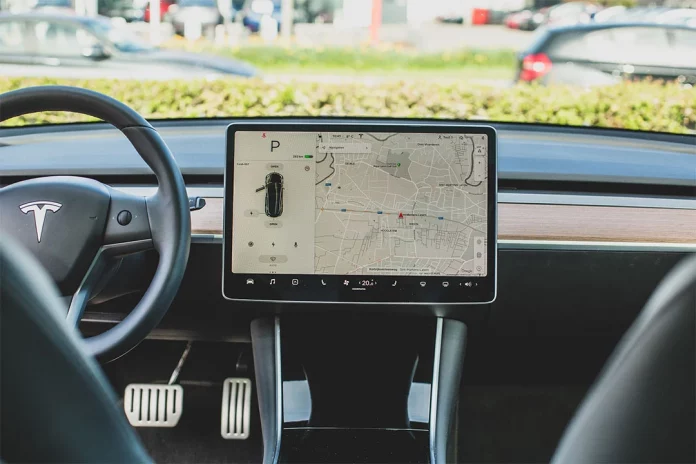With US$515 billion invested in EV-related technologies, auto OEMs need to consider the impact on the automotive supply chain to achieve the upcoming model launch plans.
A global transition to EV production for many OEMs is likely to happen by 2030, considering the recent update on Electric Vehicles (EV) announced by the automakers. This transition, however, will have a considerable effect on the overall supply chain and steps to prevent any operational disruptions need to be taken at the earliest.
ABI Research, a global technology intelligence firm, found out that an estimate of US$515 billion will be invested in EV-related technologies by auto OEMs. In their recent report, The Electrification Wave and its Impact on the Automotive Supply Chain, they explain how the rise in EV technologies can affect the supply chain market and how the automakers are not fully aware of the consequences the suppliers will have to face. This lack of consideration will significantly show its effect on their ability to achieve upcoming model launch plans.
Ryan Martin, the Industrial and Manufacturing Research Director at ABI Research, suggests that automakers, from Ford and GM to Mercedes and VW, must maintain the development of updated Internal Combustion Engine (ICE) models with the simultaneous introduction of EV models that are not powertrain variants of the existing ICE models. Additionally, the automakers must contend with an influx of recent OEM entrants beyond Tesla, including Fisker, Lucid Motors, and Rivian. Elevated new model ‘programs’ are required to address operational capacity constraints that have been overlooked so far.
The resources provided to the suppliers for the new model launches are quite limited and already expanded enough. Martin concludes by saying that if the automakers and suppliers don’t take the initiative to do the needful and expand the overall launch capacity, their electrifications will not be achieved.


